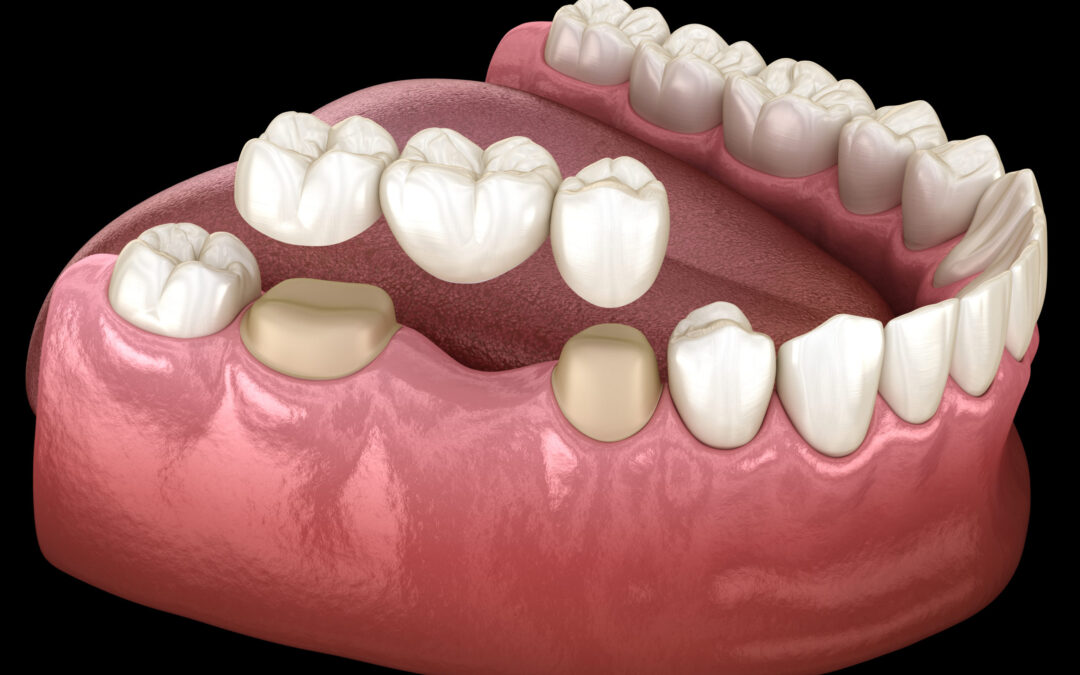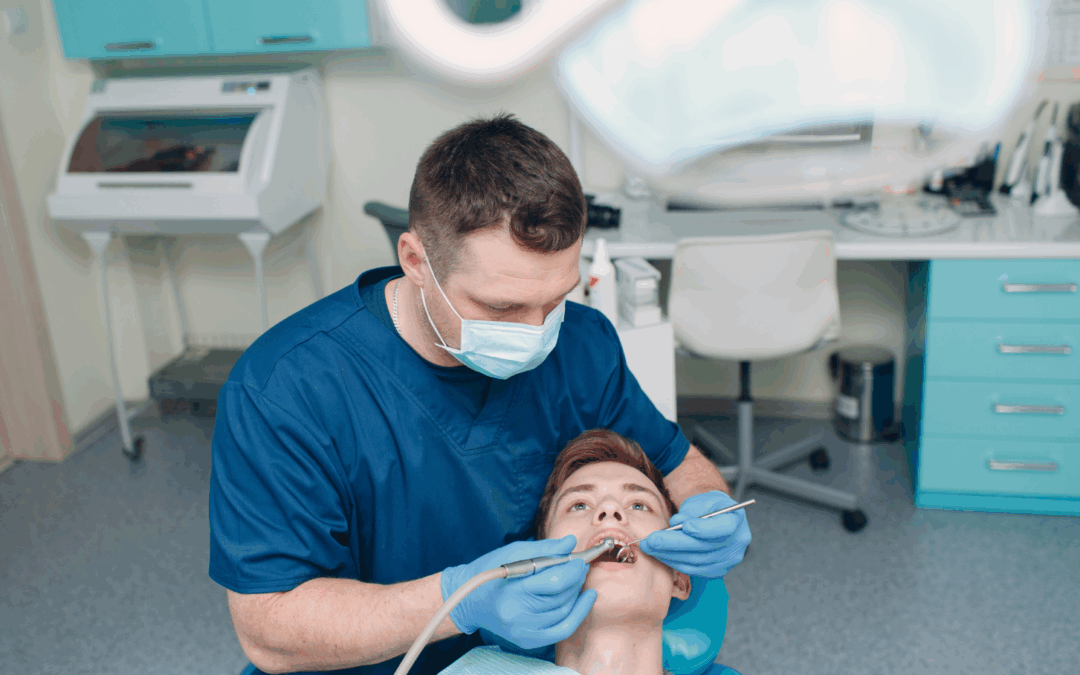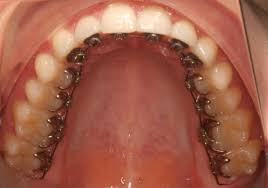
Invisalign Braces Pricing: Affordable Clear Aligners for Your Smile
1209 Dundee Avenue Elgin, IL 60120
Invisalign Braces Pricing: Affordable Clear Aligners for Your Smile
Invisalign Braces Pricing: Affordable Clear Aligners for Your Smile
Considering teeth straightening? Understanding invisalign braces pricing helps you plan for a clear, comfortable, and effective treatment. Invisalign offers nearly invisible aligners to correct misaligned teeth without traditional metal braces. At Smiles of Elgin, we provide personalized treatment plans and transparent pricing
What is Invisalign?
Invisalign uses clear, removable aligners to gradually move teeth into proper alignment. Unlike braces, they are discreet, comfortable, and easy to remove for eating or cleaning. Each aligner is custom-made to fit your teeth and is worn for about two weeks before switching to the next.
Benefits of Invisalign
- Nearly invisible and discreet
- Comfortable, no metal wires or brackets
- Removable for eating and oral hygiene
- Fewer dental visits and predictable results
These advantages make Invisalign an attractive choice for both teens and adults.
Invisalign Braces Pricing Factors
Several elements affect invisalign braces pricing:
Complexity of Treatment
Mild misalignments require fewer aligners and lower costs, while complex cases need more aligners and longer treatment.
Duration and Dental Work
Longer treatments and additional procedures like attachments or reshaping can increase the total price.
Provider Experience
Dentists with more experience may charge higher fees, but this ensures better treatment outcomes and precision.
Typical Price Range
On average, Invisalign treatment costs $3,500–$8,000, depending on individual needs. At Smiles of Elgin, we provide personalized estimates and flexible payment options to make your treatment affordable.
Financing and Payment Options
Insurance
Many dental insurance plans partially cover Invisalign, similar to traditional braces. Our team helps maximize your benefits.
Payment Plans and Financing
Flexible monthly plans and third-party financing make Invisalign accessible. You can start treatment immediately and pay over time.
Choosing the Right Dentist
Selecting an experienced provider ensures your aligners fit correctly and treatment progresses efficiently.
Expertise and Personalized Care
At Smiles of Elgin, our dentists create customized Invisalign plans and guide you through every step. For more details or to schedule a consultation, call 847-695-3368
Tips for Best Results
- Wear aligners 20–22 hours daily
- Maintain oral hygiene and clean aligners regularly
- Attend all scheduled checkups
Conclusion
Understanding invisalign braces pricing helps you plan for a convenient, discreet, and effective teeth-straightening solution. With the expertise of Smiles of Elgin, patients receive affordable, personalized care for a confident smile. Call 847-695-3368 or visit Smiles of Elgin to start your Invisalign journey today.
Office Hours
| Monday | 10:00 to 6:00 |
| Tuesday | 10:00 to 6:00 |
| Wednesday | 11:00 to 8:00 |
| Thursday | 10:00 to 6:00 |
| Friday | 10:00 to 6:00 |
| Saturday | 8:00 to 3:00 |
| Sunday | Appointment only |









Recent Comments